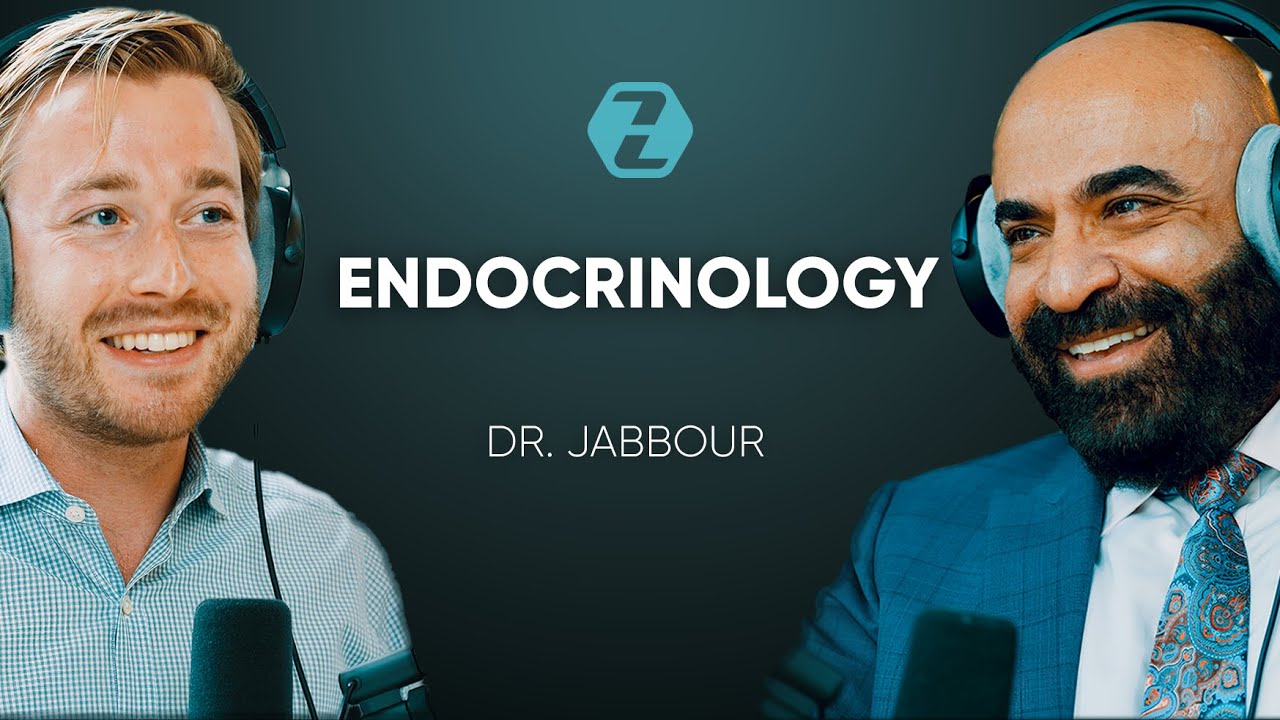Pregnancy outcomes normal after I-131 therapy for thyroid cancer
Reuters Health • The Doctor's Channel Daily Newscast
Dr. Chrissa Sioka and Dr. Andreas Fotopoulos at the University Hospital of Ioannina reviewed 54 published reports on the effects of I-131 therapy for thyroid cancer on female and male gonads, and pregnancy outcomes.
The authors note that differentiated thyroid cancer occurs three times more frequently in women than in men. With maximal surgical thyroid resection, I-131 ablative therapy and thyroid hormone replacement, the overall 10-year survival is estimated at 85%.
Most female patients are of reproductive age and many wish to have children, according to the review. “Overall, most studies have demonstrated that apart from a possible slightly earlier menopausal age, post surgical administration of I-131 for ablation of residual thyroid cancer remnants (up to 3.7 GBq activity) resulted only in transient menstrual cycle abnormalities lasting up to a year, but no permanent ovarian failure,” the researchers found.
Furthermore, I-131 therapy appears to have no significant effects on fertility, birth weight, or congenital anomalies in offspring.
In men, I-131 also affects gonadal function. For example, in one cohort of 87 male patients, “serum FSH was elevated post therapy in 87.4% and remained elevated after 12 months of follow-up in 20.7%. Reduced sperm count was found in 35.8% of patients, which persisted during the 12-month follow-up period in 13.2% of them.”
However, another study of 122 men treated with I-131 and followed for 21 years showed that 59 of these patients fathered a total of 106 children.
Summing up, Drs. Sioka, and Fotopoulos, say I-131 therapy is associated with transient amenorrhea or menstrual irregularities which usually resolve within 1 year and impairment of spermatogenesis which is reversed within 18 months. “No effects of I-131 in fathers or mothers on subsequent pregnancy outcomes and offspring have been documented.”
They add that most authorities recommend waiting a year after I-131 therapy before attempting pregnancy, “to allow enough time for complete replacement of irradiated spermatozoa and reversal of transient ovarian damage.”
Ferti Steril 2011.






